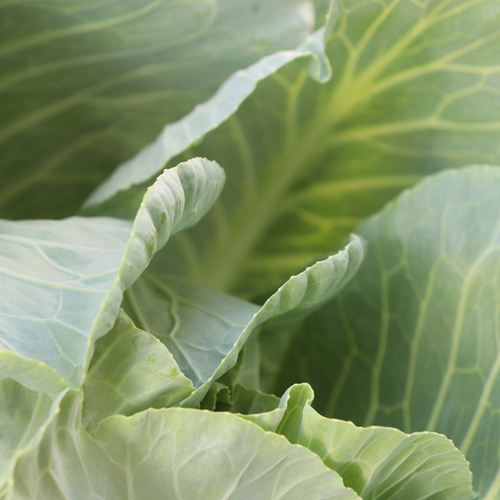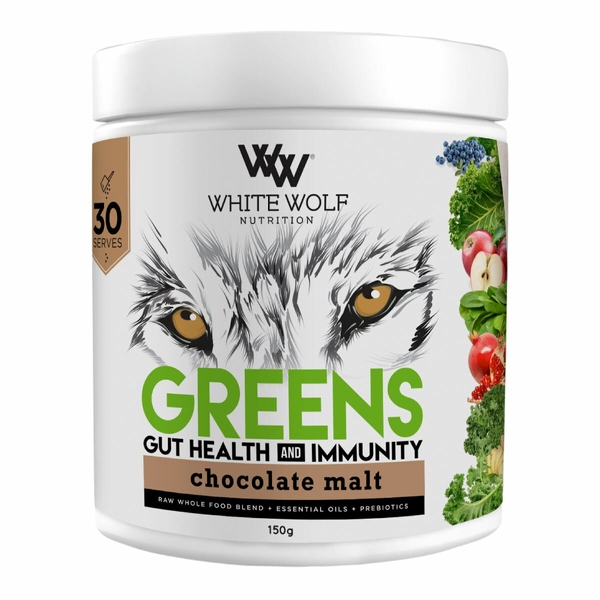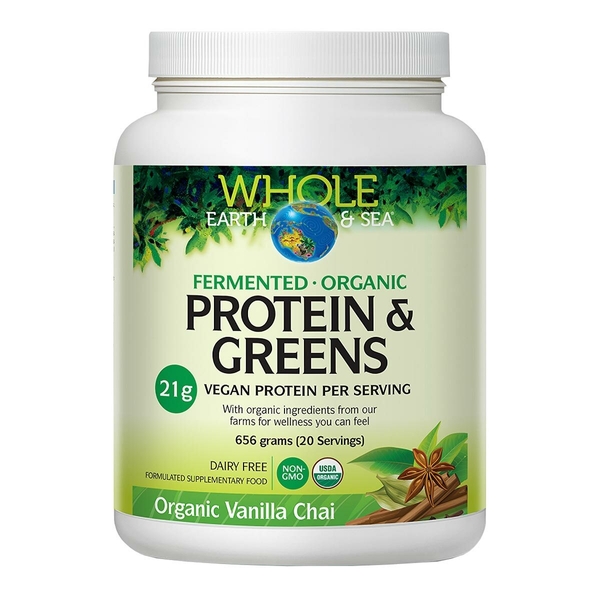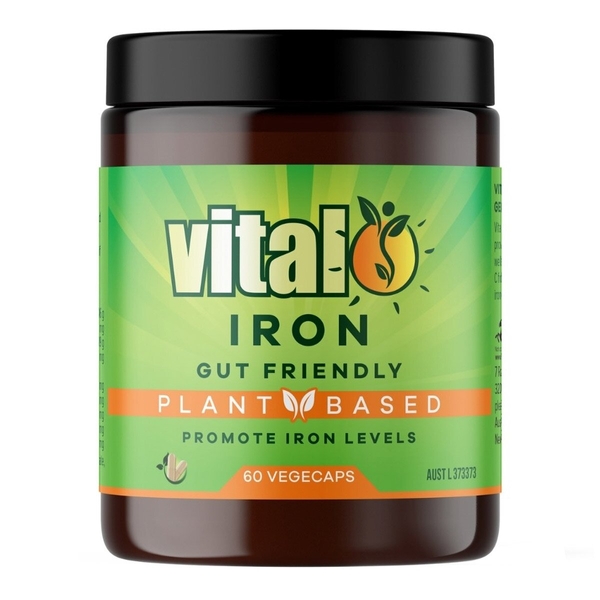
Collard
Scientific names: Brassica oleracea var. viridis, Brassica oleracea var. acephala
Family: Brassicaceae/Cruciferae
Alternate names: Berza, Chou Cavalier, Collard Greens, Cow Cabbage, Dalmatian Cabbage, Elwarguia, Morris Heading, Spring Heading Cabbage, Tall Kale, Tree Kale, Winter Greens
Actions: Anticancer properties, Antioxidant
Background
Collard is a dark, leafy, vegetable that is commonly eaten as a food source. Collard leaves can also be eaten as a medicine.
Collard is taken by mouth for cancer prevention, as well as for heart disease, obesity, vision problems, and other conditions, but there is no good scientific evidence to support its use as medicine.
Collard is taken by mouth for cancer prevention, as well as for heart disease, obesity, vision problems, and other conditions, but there is no good scientific evidence to support its use as medicine.
Safety Safety definitions
When taken by mouth: Collard is LIKELY SAFE when consumed in food amounts. There isn't enough reliable information to know if collard is safe when used in medicinal amounts, or what the side effects might be.
Special Precautions & Warnings:
Pregnancy and breast-feeding: There isn't enough reliable information to know if eating collard in medicinal amounts is safe when pregnant or breast-feeding. Stay on the safe side and stick to usual food amounts.Effectiveness
Effective Effectiveness definitions
There is interest in using collard for a number of purposes, but there isn't enough reliable information to say whether it might be helpful.
Dosing & administration
The appropriate dose of collard depends on several factors such as the user's age, health, and several other conditions. At this time there is not enough scientific information to determine an appropriate range of doses for collard. Keep in mind that natural products are not always necessarily safe and dosages can be important. Be sure to follow relevant directions on product labels and consult your pharmacist or physician or other healthcare professional before using.
Interactions with pharmaceuticals
Medications for diabetes (Antidiabetes drugs)
Interaction Rating=Moderate Be cautious with this combination.
Collard extract might decrease blood sugar. Diabetes medications are also used to lower blood sugar. Taking collard extract along with diabetes medications might cause your blood sugar to go too low. Monitor your blood sugar closely. The dose of your diabetes medication might need to be changed.
Some medications used for diabetes include glimepiride (Amaryl), glyburide (DiaBeta, Glynase PresTab, Micronase), insulin, pioglitazone (Actos), rosiglitazone (Avandia), chlorpropamide (Diabinese), glipizide (Glucotrol), and tolbutamide (Orinase).
Interactions with herbs & supplements
Herbs and supplements that might lower blood sugar: Collard extract might lower blood sugar. Taking collard extract along with other herbs or supplements that have the same effect might cause blood sugar to drop too low in some people. Some of these herbs include devil's claw, fenugreek, guar gum, Panax ginseng, and Siberian ginseng.
Interactions with foods
There are no known interactions with foods.
Action
Collard contains chemicals that are thought to help prevent cancer. Chemicals in collard might also have antioxidant activity.
Products
View all productsPer 5 g (Chocolate Malt):
- Brassica oleracea var. viridis (Collard)
- Hordeum vulgare (Barley)
- Green banana starch 250 mg
- Arthrospira platensis (Spirulina)
- Quercetin 200 mg
- Brassica oleracea var. italica (Broccoli)
- Apple pectin 50 mg
- Larix occidentalis (arabinogalactan) (Larch) 250 mg
- Bacillus coagulans 25 mg
- Punica granatum
- Macrocystis pyrifera (Ocean kelp)
- Brassica oleracea var. acephala (leaf & sprout) powder (Kale)
- Spinacia oleracea (Spinach)
- Daucus carota powder (Carrot)
- Palmaria palmata (Dulse)
- Apium graveolens (seed) powder
- Petroselinum crispum
- Citrus bioflavonoids extract 150 mg
- Myrciaria dubia (fruit) powder (Camu Camu)
- Malpighia glabra
- Blueberry flavour
- Zingiber officinale
- Kakadu plum powder
- Theobroma cacao (Cocoa powder)
- Natural flavours
- Pink Himalayan crystal salt
- Ananas comosus (Bromelain) 150 mg
- Origanum vulgare oil
- Thymus vulgaris oil
- Syzygium aromaticum oil
- Mentha x piperita oil
- N-acetyl glucosamine (NAG) 125 mg
- Stevia rebaubiana
- Zinc citrate 7.5 mg
- Chlorella vulgaris powder
- Polyphenolic fulvic minerals 50 mg
150 g Chocolate Malt
RRP: $59.99$52.80Save: 12%
Create account
Per 35.5 g (Vanilla Chai):
- Brassica oleracea var. viridis (Collard)
- Pea protein concentrate
- Oryza sativa (Rice protein)
- Hordeum vulgare
- Wheatgrass powder
- Amaranth powder
- Quinoa powder
- Medicago sativa
- Malus (Apple)
- Vaccinium corymbosum
- Vaccinium macrocarpon
- Daucus carota powder (Carrot)
- Coriandrum sativum
- Petroselinum crispum
- Cynara scolymus
- Raphanus raphanistrum (Wild radish)
- Taraxacum officinale
- Brassica oleracea var. acephala (leaf) powder (Kale)
- Apium graveolens
- Beta vulgaris
- Spinacia oleracea (Spinach)
- Lycopersicon esculentum (Tomato)
- Brassica oleracea var. italica
- Armoracia rusticana
- Nasturtium officinale
- Ocimum basilicum
- Piper nigrum
- Mentha spicata
- Natural flavours
- Malpighia glabra ext. dry
- Cordyceps sinensis
- Ganoderma lucidum
- Lentinula edodes
- Grifola frondosa
- Elettaria cardamomum
- Cinnamomum spp.
- Cannabis sativa (seed) powder
- Stevia rebaubiana
- Pumpkin seed protein
- Brassica oleracea var. botrytis (Cauliflower)
- Capsicum annuum
- Beta vulgaris (leaf) powder (Swiss Chard)
RRP: $64.96$58.47Save: 10%
Create account
Per capsule:
RRP: $32.65$21.22Save: 35%
OOS at supplier
Create account
return unknown
vital.ly has licensed monographs from TRC Healthcare.
This monograph was last reviewed on 18/09/2023 10:00:00 and last updated on 20/11/2020 21:27:46. Monographs are reviewed and/or updated multiple times per month and at least once per year.
Natural Medicines disclaims any responsibility related to medical consequences of using any medical product. Effort is made to ensure that the information contained in this monograph is accurate at the time it was published. Consumers and medical professionals who consult this monograph are cautioned that any medical or product related decision is the sole responsibility of the consumer and/or the health care professional. A legal License Agreement sets limitations on downloading, storing, or printing content from this Database. No reproduction of this monograph or any content from this Database is permitted without written permission from the publisher. It is unlawful to download, store, or distribute content from this site.







